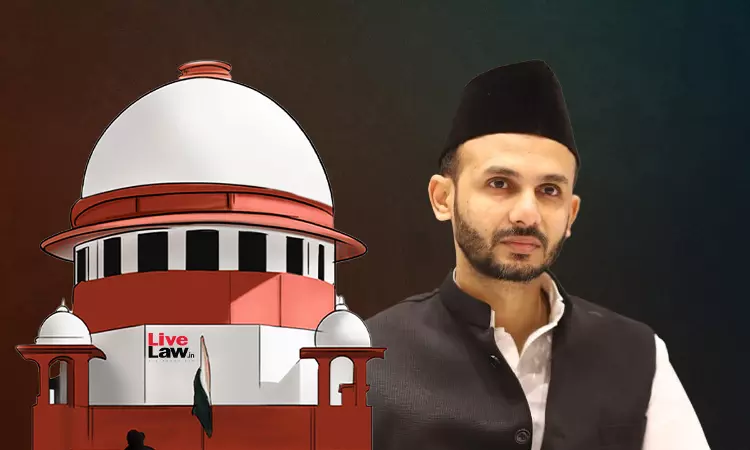Samajwadi Party leader Zia Ur Rehman, member of Parliament from Sambhal in Lok Sabha, has filed a writ petition challenging the Waqf (Amendment) Act, 2025, on the grounds that it is "manifestly arbitrary and ultra vires" of the Constitution. It is contended that the Act violates Articles 14 and 15 of the Constitution by introducing unreasonable and discriminatory classification without...

